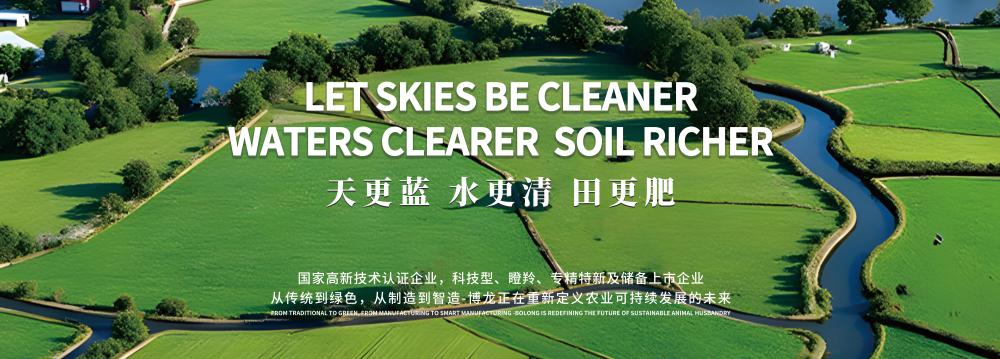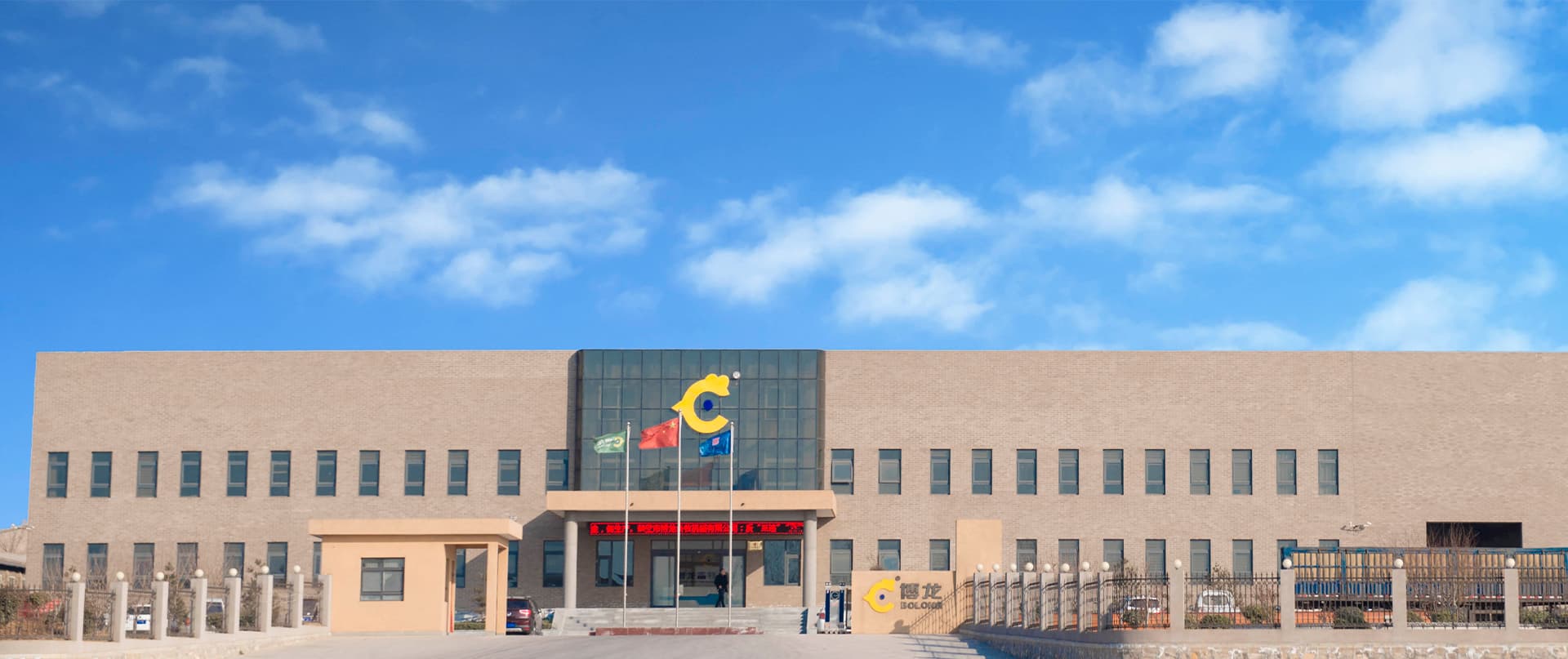The Philippines stands as one of Southeast Asia’s leading poultry producers and consumers, with chicken meat serving as a dietary staple. Growing demand has fueled the rise of large-scale broiler and layer farms, accelerating the transition from small, traditional setups to modern, automated systems.
However, this progress brings a significant challenge—the daily management of poultry manure and organic waste. With the country’s rainy season stretching from June to November, farms encounter heightened risks of odor, contamination, and environmental violations if waste is not treated effectively.This is where the industrial compost tank emerges as a critical solution.
Massive waste output: Large poultry operations produce tons of manure each day, requiring efficient treatment to prevent pollution.
Rainy season conditions: High humidity accelerates uncontrolled fermentation, leading to foul odors and water contamination.
Airborne hazards: Harmful gases such as ammonia and hydrogen sulfide threaten farmworkers’ health and community well-being.
Rising sustainability standards: Stricter environmental rules and growing consumer demand for green farming make waste treatment a top priority.

Since 1993, Bolong Group has been at the forefront of livestock modernization. In response to the growing manure crisis, the company developed its own high-temperature aerobic industrial compost tank—an advanced solution designed for the realities of large-scale poultry farming in the Philippines.
Bolong’s composting tanks are engineered for industrial-scale operations, capable of processing chicken manure, bedding materials, and organic by-products efficiently. Within just 7 days, farms can transform raw waste into pathogen-free, nutrient-rich organic fertilizer.
To address the challenges of humid, rainy climates, Bolong integrates a dual odor management system:
Spray tower filtration to capture ammonia and dust particles.
Gas Deodorization System 5.0, the latest upgrade, targeting high-temperature fermentation gases such as ammonia and hydrogen sulfide.
This ensures farms remain odor-free and compliant with environmental standards.

Electricity costs in the Philippines are among the highest in Asia. Bolong’s composting tanks are optimized to deliver strong fermentation results while using less power than traditional competitors. This reduces operational costs while maintaining reliability.
The Philippines has one of the most profitable fertilizer markets in the region, with organic fertilizer prices nearly double those in China. Bolong’s industrial compost tank produces fertilizer with NPK values above standard benchmarks—rich in nutrients, safe for crops, and highly marketable.
7-day rapid composting vs. 30–60 days with conventional methods.
Fully enclosed, odor-controlled system, perfect for humid environments.
Lower energy consumption, reducing farm overhead.
Proven performance worldwide, with exports to over 30 countries.
Integrated waste-to-fertilizer solutions, from treatment to packaging.

As the Philippine poultry industry grows, effective manure management is no longer an option—it is a necessity. The industrial compost tank provides farms with a sustainable, profitable, and compliant pathway to growth.
By turning waste into valuable organic fertilizer, improving environmental outcomes, and lowering operational costs, Bolong is helping farms achieve both economic and ecological success.